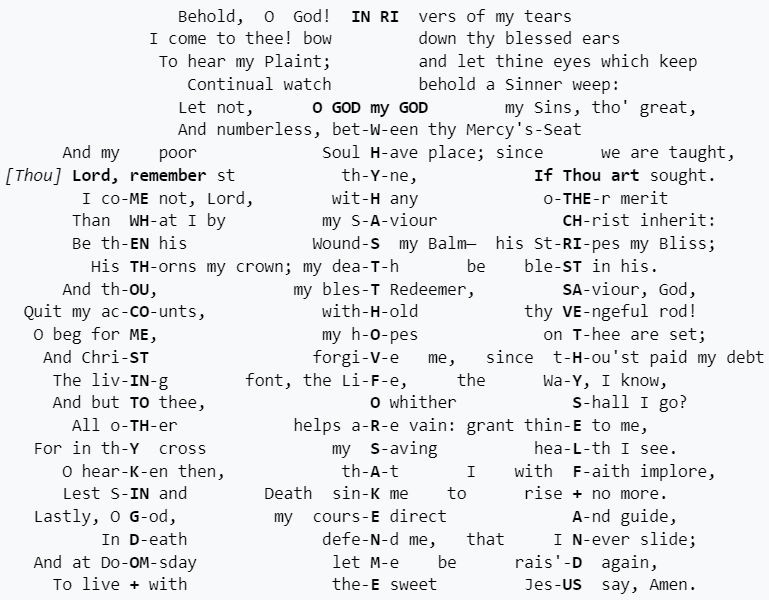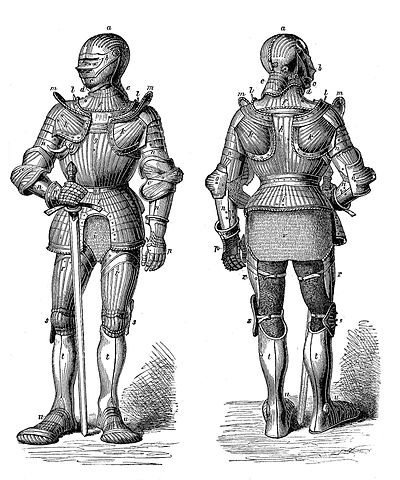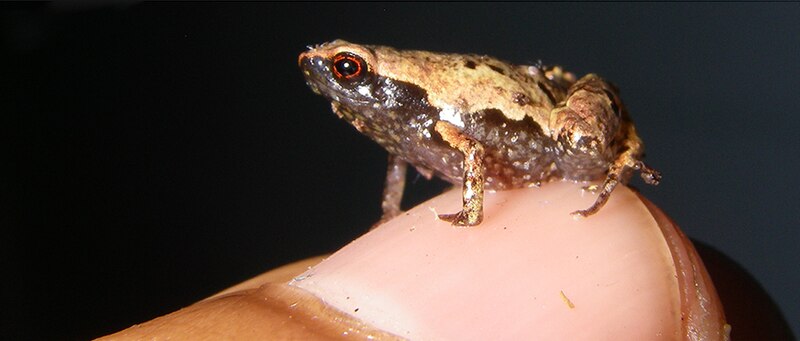
Samuel Johnson’s 1755 Dictionary of the English Language defines lizard as “an animal resembling a serpent, with legs added to it.”

Samuel Johnson’s 1755 Dictionary of the English Language defines lizard as “an animal resembling a serpent, with legs added to it.”
Sign on an English industrial computer, October 1968:
ACHTUNG ALLES LOOKENPEEPERS
Das computermachine ist nicht fur gefingerpoken und mittengrabben. Ist easy schnappen der springenwerk, blowenfusen und poppencorken mit spitssparken. Ist nicht fur gewerken bei das dummkopfen. Das rubbernecken sightseeren keepen hands in das pockets — relaxen und watch das blinkenlights.
(Via Eureka.)
Little-used words:
anopisthograph
adj. having writing on one side only
antapology
n. a reply to an apology
antephialtic
n. something that prevents nightmares
centesimate
v. to select one person in every hundred for a punishment
citramontane
adj. relating to this side of the mountains
demonachize
v. to remove monks from
frounce
n. a canker in the mouth of a hawk
hendecad
n. a period of eleven years
laquearian
adj. armed with a noose
pastinaceous
adj. of the nature of a parsnip
philosophunculist
n. an insignificant philosopher
spartostatics
n. the study of the strength of ropes
swinehood
n. pigs collectively
togated
adj. clad in a toga
trouserdom
n. the domain of those who wear trousers
yealing
n. a person of one’s own age
See Specialists.

William Browne’s 17th-century poem “Behold, O God!” forms a sort of symbolic acrostic. The text can be read conventionally, scanning each line from left to right, but the letters shown here in bold also spell out three verses from the New Testament:
The three embedded quotes represent the three figures crucified on Golgotha, and the “INRI” at the top of the middle cross stands for IESVS NAZARENVS REX IVDÆORVM — Latin for “Jesus the Nazarene, King of the Jews” (John 19:19).
A good example of the effect of misplacing a comma is to be found in the ancient oracle — ‘Thou shalt go thou shalt return never by war shalt thou perish.’ By one way of placing the commas, the consulter of the oracle was forbidden to go upon the purposed expedition; by reading it his own way, he went and perished.
— W.T. Dobson, “Literaria,” Dublin University Magazine, August 1873
diallelous
adj. involving circular reasoning
On my challenging an ingenious friend to define time and space, he answered, ‘Time is the condition of two things existing in the same space. Space is the condition of two things existing in the same time.’ This is clever, pointed, and true, but, as may easily be seen, diallelous.
— Francis Garden, A Dictionary of English Philosophical Terms, 1878
Captured by the North Vietnamese in 1965, Navy pilot Jeremiah Denton was forced to participate in a propaganda interview to be broadcast in the United States. Pretending to be oppressed by the television lights, he blinked the word “T-O-R-T-U-R-E” in Morse code — alerting U.S. Naval Intelligence for the first time that American prisoners were being tortured.
In his Investigator’s Guide to Steganography (2003), Gregory Kipper notes that captured soldiers would sometimes use hand signals to transmit messages during photo ops; “often, these gestures were airbrushed out by the media.”
The members of the Flemish Academy, of Anvers, recently determined to frame a word which would be readily intelligible to all who understand the language of Flanders and who had ever seen a horseless carriage, and the result was that after much deep thought they framed the following word: Snelpaardelooszonderspoorwegpetrolrijtuig. This euphonious word signifies ‘a carriage which is worked by means of petroleum, which travels fast, which has no horses and which is not run on rails.’ This is, from one point of view, a fine example of multum in parvo, but it may be questioned whether one extraordinarily long word is preferable to half a dozen short words.
— Georgetown [Colo.] Herald, May 19, 1899

07/17/2024 UPDATE: Several readers point out, correctly, that carbon is hardly the only elemental “chemical word” — indeed, some elements can be spelled in multiple ways. I’ve assembled this list from multiple contributions:
ArSeNiC ArSeNIC
AsTaTiNe
BiSmUTh BISmUTh
CArBON CaRbON
CoPPEr COPPEr
IrON
KrYPtON
NeON
OGaNeSSON OGaNEsSON
PHoSPHoRuS PHOSPHoRuS PHOsPHoRuS PHoSPHORus PHOSPHORuS PHOsPHORuS
SiLiCoN SiLiCON SILiCON SILiCoN
SiLvEr SILvEr
TeNNeSSINe TeNNEsSiNe TeNNEsSINe
TiN
XeNON XeNoN
TiN is even a valid compound, titanium nitride.
Of these Borgmann had found arsenic, carbon, iron, neon, phosphorus, silicon, and xenon when he wrote in 1974, “surely the most unusual is CARBON which can be factored into elements not including itself.” But that property wasn’t unique even within his limited list, as can be seen above.
Many thanks to readers Gareth McCaughan, Catalin Voinescu, and Eric Harshbarger for writing in about this.

In 1977, on receiving a package of insect specimens from a colleague, entomologist Arnold Menke exclaimed, “Aha, a new genus!” His colleague Eric Grissell responded “Ha” doubtfully. Menke was proven right and named the species, an Australian wasp, Aha ha. He ordered a custom registration plate for his car bearing the same phrase. Further odd names.